The Role Of Unblocked Games In The Modern Classroom: A Comprehensive Exploration
The Role of Unblocked Games in the Modern Classroom: A Comprehensive Exploration
Related Articles: The Role of Unblocked Games in the Modern Classroom: A Comprehensive Exploration
Introduction
In this auspicious occasion, we are delighted to delve into the intriguing topic related to The Role of Unblocked Games in the Modern Classroom: A Comprehensive Exploration. Let’s weave interesting information and offer fresh perspectives to the readers.
Table of Content
The Role of Unblocked Games in the Modern Classroom: A Comprehensive Exploration

The integration of technology into the modern classroom has revolutionized the way students learn and engage with educational material. While traditional methods remain valuable, the rise of digital resources, including online games, has opened up new avenues for interactive learning. Among these, unblocked games have emerged as a popular and potentially beneficial tool in various educational settings.
Understanding Unblocked Games: A Gateway to Educational Play
Unblocked games, as the name suggests, are online games accessible without requiring administrative permissions or bypassing firewalls. This accessibility makes them particularly attractive in educational contexts, where internet access may be restricted for security or content control purposes. The term "unblocked games x6" refers to a specific collection of games hosted on various websites, often categorized by genre and popularity.
The Benefits of Incorporating Unblocked Games into Classroom Activities
While the use of games in the classroom is not a new concept, unblocked games offer a distinct set of advantages:
- Accessibility and Convenience: Unblocked games are readily available and can be accessed from a variety of devices, including computers, tablets, and smartphones. This ease of access allows for spontaneous integration into lessons and provides flexibility for students who may need to access learning materials outside of the traditional classroom setting.
- Engaging Learning Experiences: Games inherently possess an element of fun and challenge, which can motivate students and increase their engagement with educational content. By incorporating game-based learning, teachers can transform potentially tedious subjects into interactive and enjoyable experiences.
- Development of Essential Skills: Many unblocked games require critical thinking, problem-solving, and strategic decision-making, all of which are valuable skills for academic success and future career prospects. Games can also foster collaboration and teamwork, as students may need to work together to achieve common goals.
- Reinforcement and Application of Concepts: Unblocked games can serve as a platform for reinforcing previously learned concepts or applying them in new contexts. For example, a game involving building structures can reinforce geometry principles, while a strategy game can help students develop critical thinking and decision-making skills.
Unblocked Games in Action: Practical Applications in the Classroom
The potential of unblocked games extends beyond simple entertainment. Educators can leverage these games in various ways to enhance learning:
- Interactive Lessons: Games can be used to introduce new concepts, provide visual representations of complex topics, or offer interactive simulations that allow students to experiment and learn through trial and error.
- Assessment and Feedback: Some unblocked games offer built-in assessment features, allowing teachers to track student progress and identify areas for improvement. Games can also serve as a platform for formative assessment, providing teachers with real-time insights into student understanding.
- Differentiated Instruction: Unblocked games come in various difficulty levels, allowing teachers to cater to the needs of diverse learners. Students can select games that challenge them appropriately, ensuring that they are engaged and learning at their own pace.
- Enhancing Collaboration and Communication: Games that involve teamwork or require players to communicate effectively can help students develop social skills and build relationships with their peers. This can be particularly beneficial in classrooms where students come from diverse backgrounds and may have varying levels of social interaction.
Frequently Asked Questions (FAQs) About Unblocked Games in the Classroom
1. Are unblocked games appropriate for all ages and subjects?
The suitability of unblocked games depends on the age and maturity level of the students, as well as the subject matter being taught. It is crucial for teachers to carefully select games that align with learning objectives and are appropriate for the target audience.
2. How can teachers ensure that unblocked games are used effectively and responsibly?
Teachers should establish clear guidelines for game usage, including time limits, appropriate content, and expected behaviors. It is also essential to monitor student activity and provide guidance to ensure that games are used for educational purposes.
3. What are the potential risks associated with using unblocked games in the classroom?
Potential risks include exposure to inappropriate content, cyberbullying, and excessive screen time. It is essential to address these concerns through proper game selection, supervision, and responsible use policies.
4. How can parents and guardians be involved in the use of unblocked games in the classroom?
Open communication between teachers, parents, and guardians is crucial to address any concerns about game usage. Parents can be informed about the educational benefits of unblocked games and can work with teachers to ensure their child’s safe and responsible use.
5. Are there any alternatives to unblocked games that can provide similar learning experiences?
Yes, there are various educational apps, websites, and software programs that offer interactive learning experiences. Teachers can explore these options to find resources that best meet the needs of their students and the curriculum.
Tips for Effective Use of Unblocked Games in the Classroom
- Align with Learning Objectives: Ensure that the games chosen support specific learning objectives and curriculum standards.
- Set Clear Expectations: Establish rules and guidelines for game usage, including time limits, acceptable content, and appropriate behaviors.
- Monitor Student Activity: Supervise students while they are playing games and provide guidance as needed.
- Integrate Games into Lessons: Don’t treat games as a separate activity; incorporate them seamlessly into the lesson plan.
- Use Games for Assessment: Leverage games for formative assessment, providing real-time feedback on student understanding.
- Encourage Collaboration and Communication: Choose games that promote teamwork and communication among students.
- Reflect and Evaluate: Regularly assess the effectiveness of game-based learning and make adjustments as needed.
Conclusion: Unblocked Games as a Valuable Tool in the Modern Classroom
Unblocked games, when used thoughtfully and strategically, can be a valuable tool for enriching the learning experience and fostering student engagement. By embracing the potential of these digital resources, educators can create a more dynamic and interactive classroom environment, preparing students for success in the 21st century.
It is important to acknowledge that unblocked games are not a replacement for traditional teaching methods. They are a supplement, a tool to be used in conjunction with other pedagogical strategies to create a comprehensive and engaging learning experience. By carefully selecting games, setting clear expectations, and monitoring student activity, educators can harness the power of unblocked games to enhance student learning and create a more dynamic and interactive classroom environment.
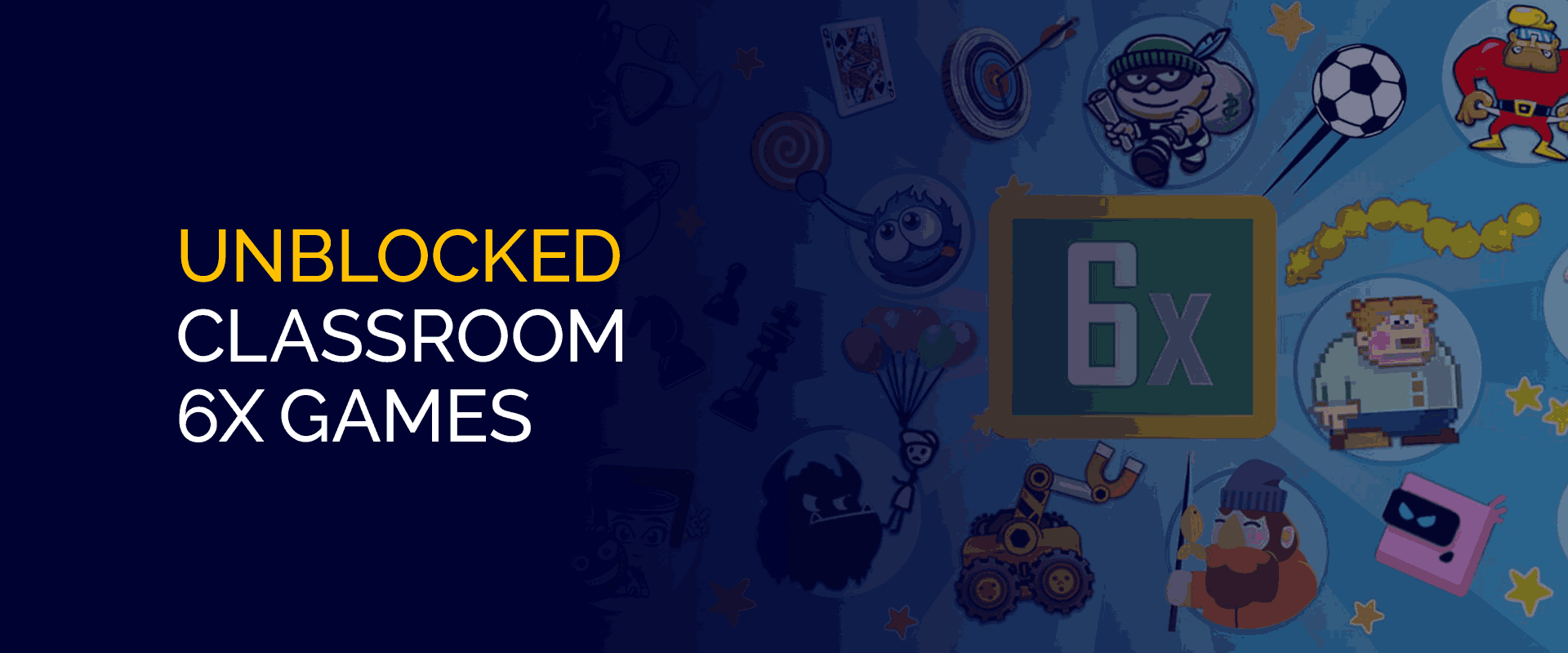

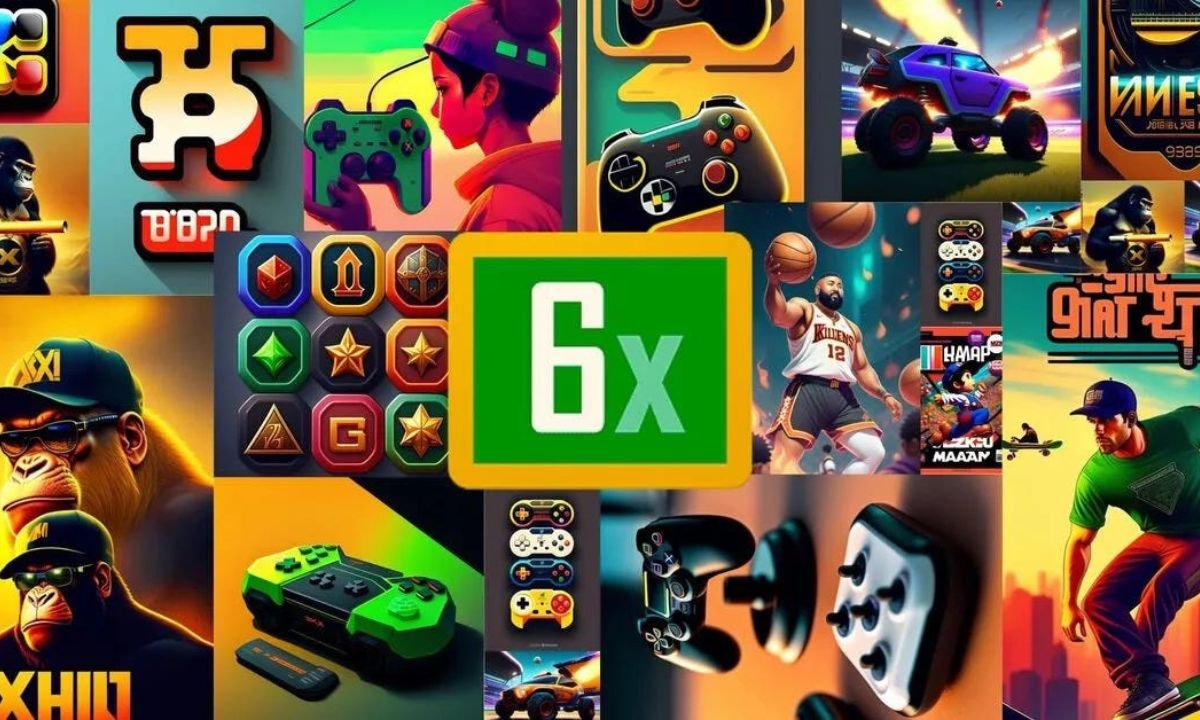
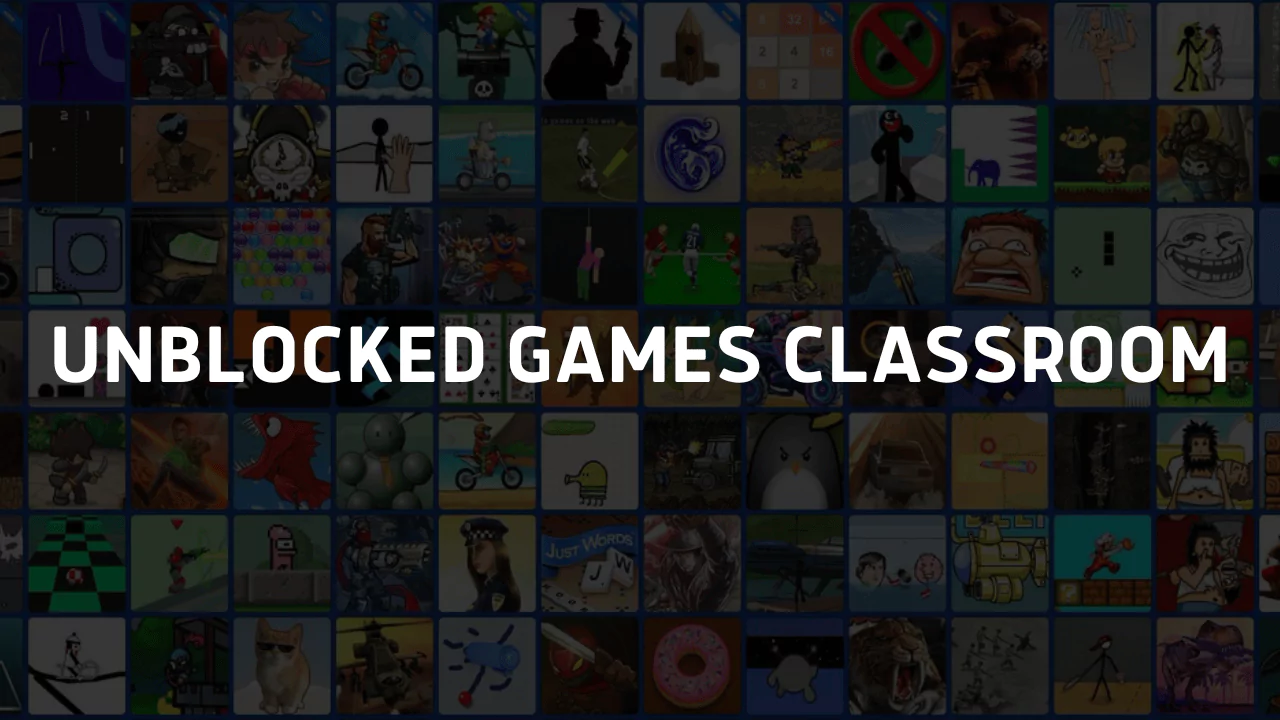
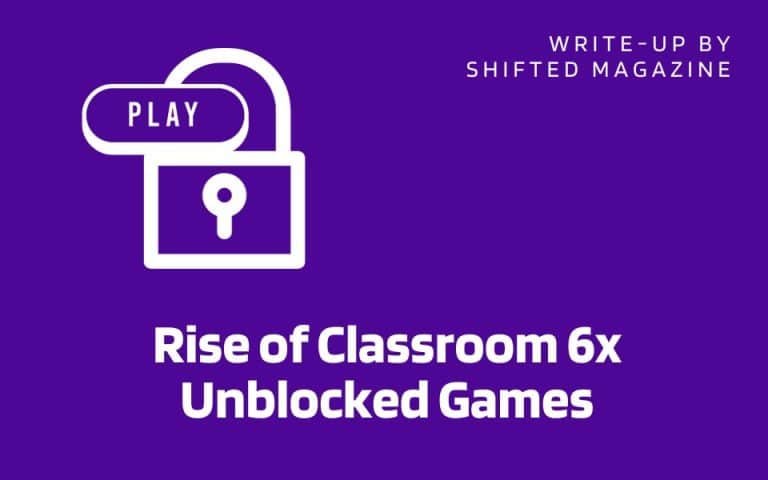


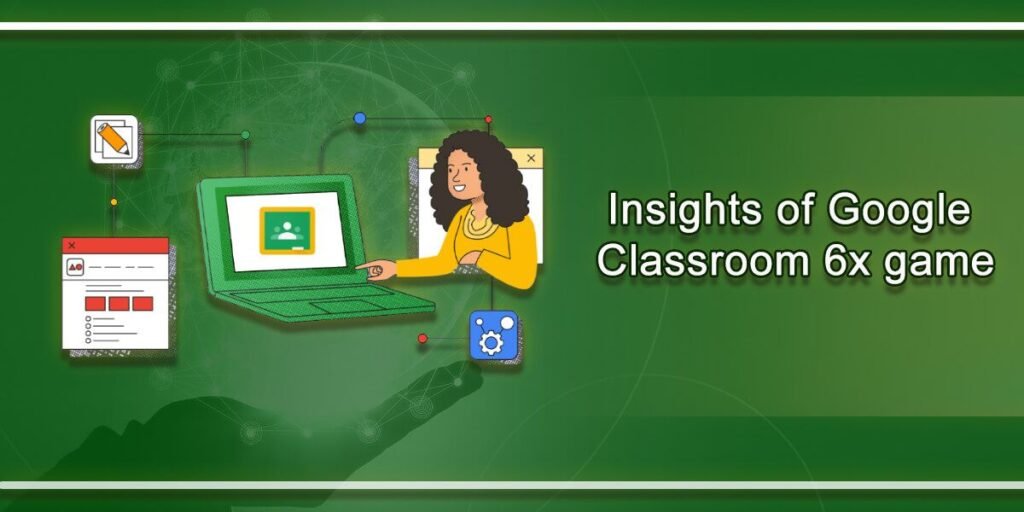
Closure
Thus, we hope this article has provided valuable insights into The Role of Unblocked Games in the Modern Classroom: A Comprehensive Exploration. We hope you find this article informative and beneficial. See you in our next article!
Leave a Reply